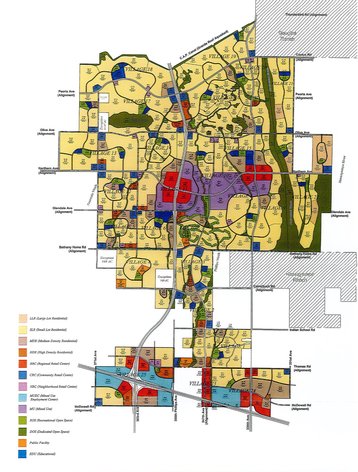An investment firm established by Microsoft co-founder Bill Gates has acquired a majority stake in a smart city project near Phoenix, Arizona, for $80 million.
The 24,800-acre stretch of land could include “as many as 80,000 homes, 3,800 acres of industrial, office and retail space, 3,400 acres of open space and 470 acres for public schools,” along with several data centers.
When life gives you Lemmons, build cities
“Belmont will create a forward-thinking community with a communication and infrastructure spine that embraces cutting-edge technology, designed around high-speed digital networks, data centers, new manufacturing technologies and distribution models, autonomous vehicles and autonomous logistics hubs,” Belmont Partners said in a statement.
“Comparable in square miles and projected population to Tempe, Arizona, Belmont will transform a raw, blank slate into a purpose-built edge city built around a flexible infrastructure model.”
Earlier this month, Mt. Lemmon Holdings bought a controlling stake in Belmont Partners. Lemmon Holdings is itself owned by Cascade Investment, the Washington-based firm owned and controlled by Bill Gates.
Larry Yount, manager of Belmont Partners, added: “The Belmont development exemplifies the big picture thinking that has been a unique hallmark of Arizona’s history of economic development. Belmont illustrates that Arizona remains at the leading edge of trends in American urban planning and development keying off of advances in solar power and electric distribution systems, autonomous auto testing, broadband, and data centers.”
Such ‘edge city’ projects are not without precedent - earlier this year, Alphabet subsidiary Sidewalk Labs - which has the stated goal of “reimagining cities from the Internet up” - announced plans to turn a disused part of Toronto into a miniature smart city.
In a blog post, the company noted that intelligent cities should take steps to capture the ‘free energy’ found in waste heat - including that produced by data centers.

